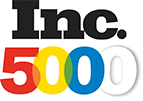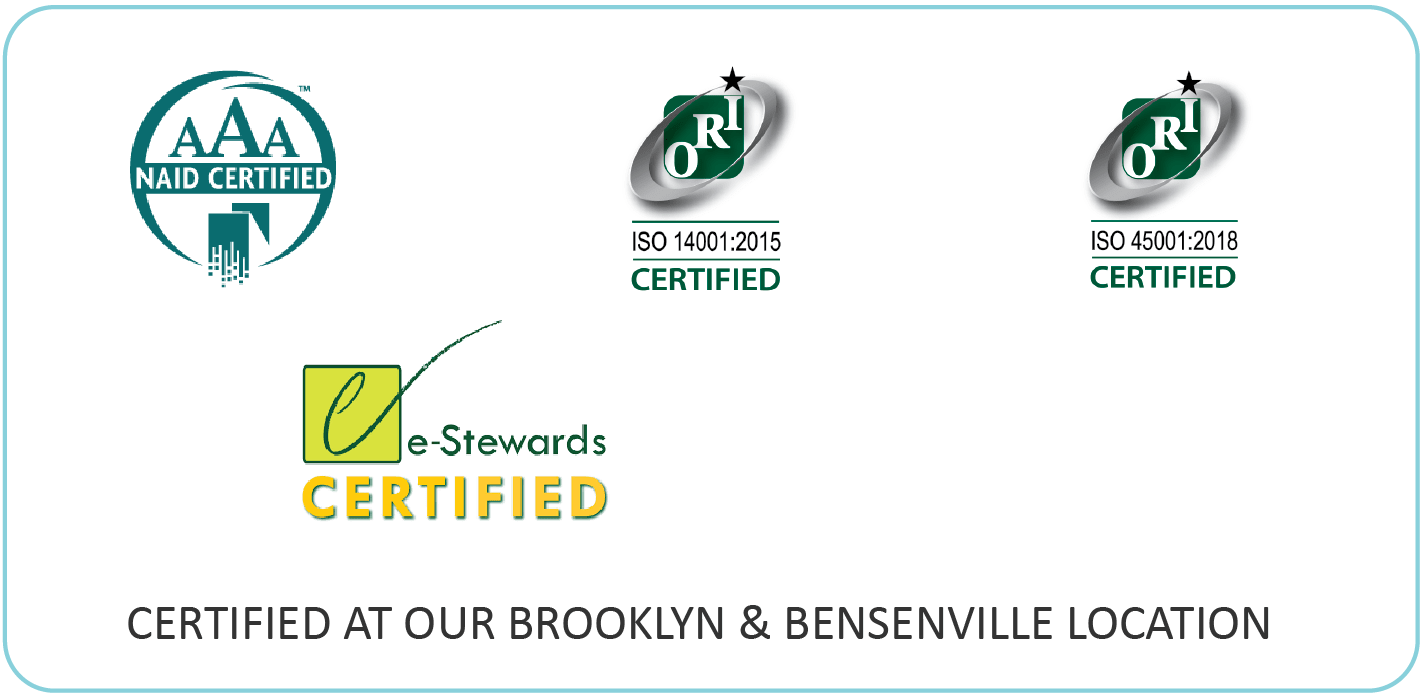Windows XP EOL (End-of-Life) – One Year Later

It’s hard to believe it, but as of April 8th, 2015, it will have been one full year since Microsoft officially announced Windows XP’s EOL. And, as we have seen over the past year, companies that have been slow in upgrading to Microsoft’s newer and more secure operating systems have become prime targets for cyber thieves.
So, with the one year anniversary of Windows XP’s retirement looming, we thought we’d take a look back at the past year to see the overwhelming effect the event had on businesses.
Windows XP End-of-Life and the Issue of Data Security
One of the most pressing problems associated with Microsoft’s decision to no longer provide support for its XP operating system over the past year has been the lack of sufficient data security for some of the country’s largest retailers like Home Depot and Target. Data breaches within those two companies alone last year accounted for more than $100 million in credit card losses; losses that could have been prevented had the companies heeded Microsoft’s advanced notice about XP’s end-of-life and upgraded their systems.
Microsoft expected that companies were going to be hesitant to stop using their XP-running systems, so it started offering one-year custom support agreements (CSAs) to businesses. The CSA ensured that Microsoft would continue to release security patches for Windows XP, but only when the security issue was deemed “critical.” Since support was limited, Microsoft slashed the price of their custom support service to $200 per PC for the first year. The caveat was that Microsoft would only offer CSAs to companies needing custom support for a minimum of 750 machines.
Companies Can Expect to Pay More for Windows XP CSAs in 2015
Microsoft’s custom support agreements require renewal on a yearly basis. And, for those companies still holding on to their XP machines, this year’s CSAs are expected to be costly. According to an unconfirmed report from Computerworld, Microsoft is planning on raising the price of its XP custom support agreements to $400 per PC. So, companies that upgraded half of their PCs over the last year will basically be paying the same price for their CSAs this year, despite needing support for half as many machines. This news gives companies yet one more reason to upgrade their operating systems.
Windows 7 Support Expectations
Currently, Microsoft is planning on providing support for its Windows 7 OS through 2020. So, companies that have yet to upgrade from XP will be facing another upgrade scenario in five years should they choose to upgrade to Windows 7, which is still widely preferred by businesses over Windows 8.
Microsoft is expected to release Windows 10 later this year and the company is already suggesting it to be the true successor to Windows 7 and the enterprise standard moving forward. In either case, companies are left having to decide whether to upgrade to Windows 7 in the meantime or renew their Windows XP custom support agreements. While both are costly endeavors, companies need to start considering the true cost of avoiding the issue.
Managing Your Windows XP EOL Machines
If you are replacing your older XP machines with newer equipment loaded with Windows 7 or any other supported operating system and you are looking for an IT asset disposition (ITAD) service, Liquid Technology can help. We offer a full suite of ITAD services that can help you meet your objectives, including data destruction, computer liquidation, e-waste recycling and disposal, and brokerage services. Call us today at 800-797-5478 to find out how we can help you manage our unused equipment.


